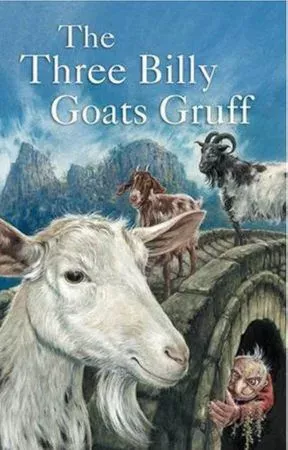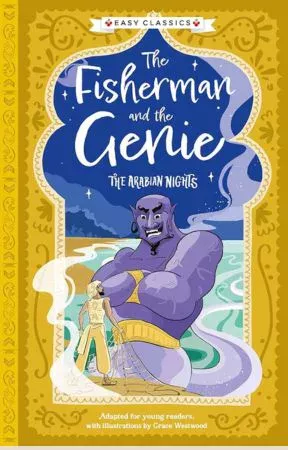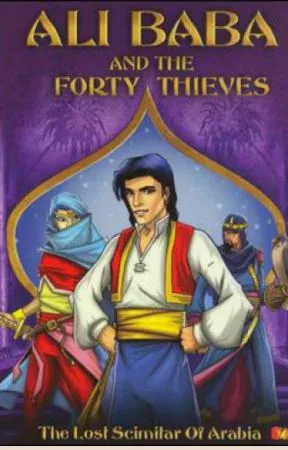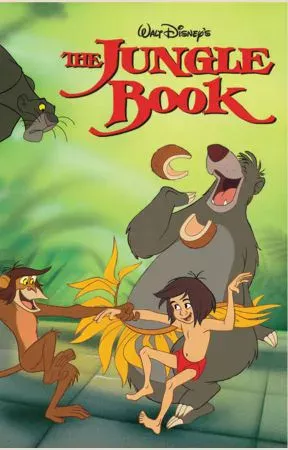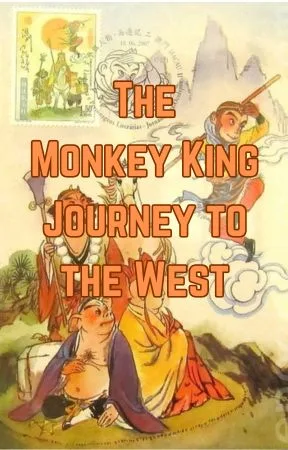Once upon a time in ancient China, there lived a mischievous and powerful monkey named Sun Wukong. Born from a stone, he acquired incredible strength and magical abilities after stumbling upon the secret teachings of Taoist martial arts. However, his insatiable curiosity and desire for power led him to rebel against the Jade Emperor in Heaven.
For his audacity, the Monkey King faced punishment and was imprisoned under a mountain for five long centuries. It seemed like the end of his tale, but fate had other plans. A Buddhist monk named Xuanzang appeared, seeking the Monkey King’s help on a perilous journey to retrieve sacred scriptures from India.
Released from his rocky prison, Sun Wukong joined Xuanzang on an epic pilgrimage, accompanied by a diverse group of companions. Among them were Zhu Bajie, the Pig Demon with a taste for indulgence, Sha Wujing, a river ogre seeking redemption, and a dragon prince transformed into a white horse. Together, they embarked on a quest fraught with challenges.
Throughout the journey, the group faced treacherous demons, celestial deities, and mystical landscapes. Sun Wukong, armed with his magical staff, the Ruyi Jingu Bang, proved indispensable in overcoming adversaries and protecting the group. Despite his initial rebellious nature, the Monkey King’s character evolved, revealing loyalty and a newfound sense of selflessness.
Their adventure unfolded as a rich tapestry of fantasy and mythology, exploring themes of friendship, redemption, and the quest for enlightenment. Sun Wukong’s transformation mirrored the broader allegory for the Buddhist journey towards self-realization and enlightenment.
As the group ventured through the mystical lands, their bonds strengthened, and each character faced personal trials. The Monkey King’s loyalty to Xuanzang became a driving force, and his once-mischievous nature found purpose in the quest for sacred scriptures.
In the end, “The Monkey King: Journey to the West” was not just a tale of mythical beings and magical adventures but a profound exploration of the human experience. It left an indelible mark on Chinese literature and culture, with its themes of companionship, magical abilities, and the pursuit of enlightenment resonating through the ages.
